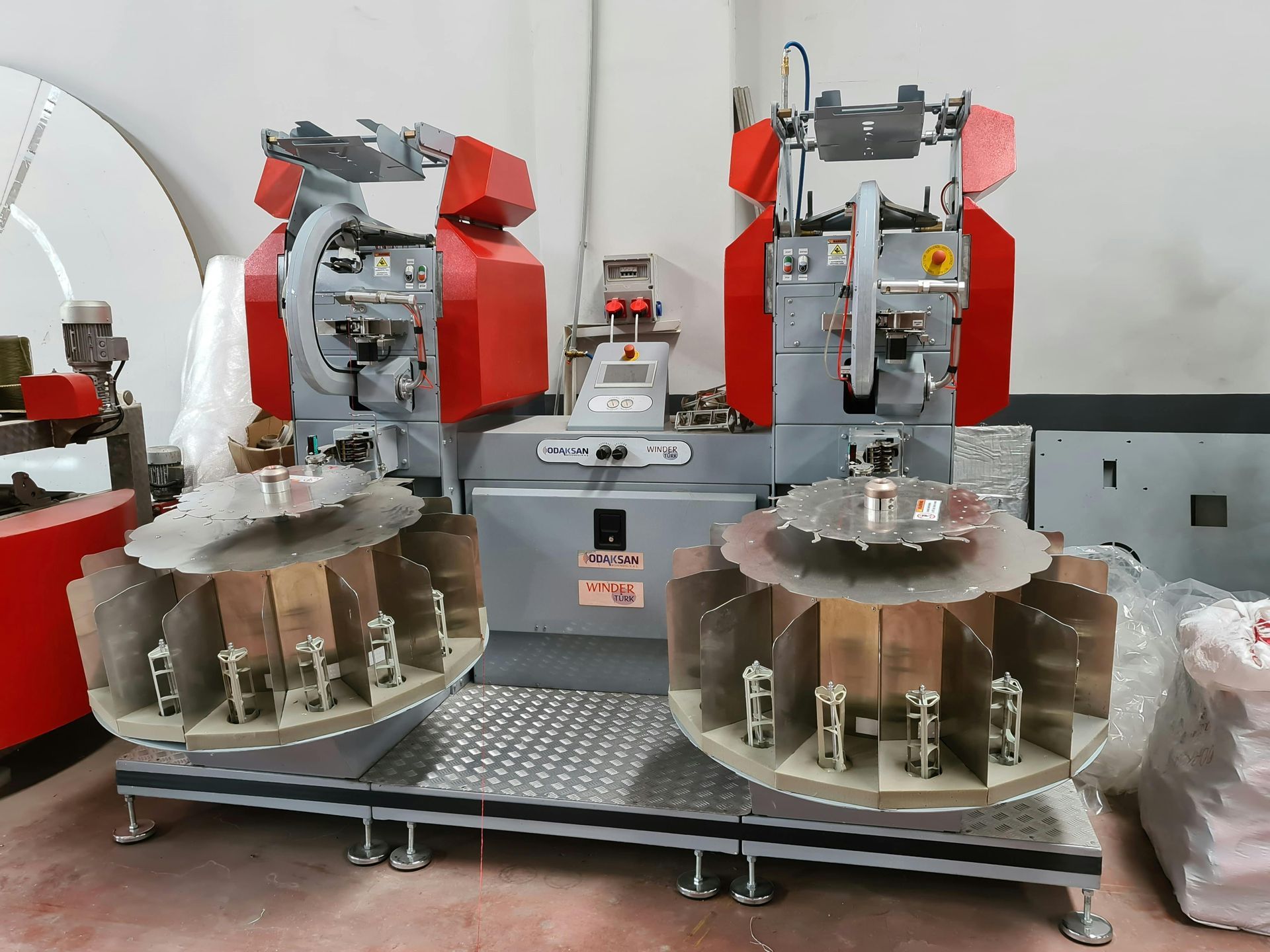Getting back what you put in: Loans to get a business started
Clarke McEwan Accountants

Getting back what you put in: Loans to get a business started
It’s not uncommon for business owners to pour their money into a business to get it up and running and to sustain it until it can survive on its own. A recent case highlights the dangers of taking money out of a company without carefully considering the tax implications.
A case before the Administrate Appeals Tribunal (AAT) was a loss for a taxpayer who blurred the lines between his private expenses and those of his company.
The taxpayer was a shareholder and director of a private company that operated a business. Over a number of years, he made withdrawals and paid personal private expenses out of the company bank account, but the amounts were not recognised as assessable income.
Following an audit, the ATO assessed the withdrawals and payments as either:
- Ordinary income assessable to the taxpayer, or
- Deemed dividends under Division 7A.
Division 7A contains rules aimed at situations where a private company provides benefits to shareholders or their associates in the form of a loan, payment or by forgiving a debt. If Division 7A is triggered, then the recipient of the benefit is taken to have received a deemed unfranked dividend for tax purposes.
The taxpayer tried to convince the AAT that the withdrawals were repayments of loans originally advanced by him to the company and therefore should not be assessable as ordinary income. Alternatively, he argued that the payments were a loan to him and there was no deemed dividend under Division 7A because the company did not have any "distributable surplus” (a technical concept which limits the deemed dividend under Division 7A).
The AAT found issues with the quality of the taxpayer’s evidence, concluding that he failed to prove that the ATO’s assessment was excessive. This was based on a number of factors, including:
- The taxpayer produced a number of different iterations of his financial affairs and tax return.
- He could not satisfactorily explain how he was able to fund the original loans to the company, especially given he had declared tax losses in multiple years around the time when the loans were made.
While the taxpayer had tried to explain that some of his loans to the company were sourced originally from borrowings from his brother, the AAT considered this was implausible given the brother’s own tax return showed modest income.
So, how should a contribution from a company owner to get a business up and running be treated? It really depends on the situation, but for small start-ups, the common avenues are:
- Structure the contribution you make as a loan to the company, or
- Arrange for the company to issue shares, with the amounts paid being treated as share capital.
In making a decision on which is the best approach, it is necessary to consider a range of factors, including commercial issues, the ease of withdrawing funds from the company later and regulatory requirements.
The way you put money into the company also impacts on the options that are available to subsequently withdraw funds from the company. However, the key issue to remember is that if you take funds out of a company then there will probably be some tax implications that need to be carefully managed.







